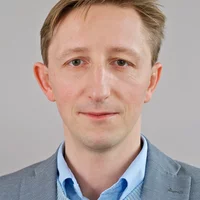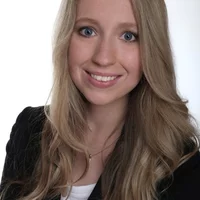LES/PSI is mandated by the State Secretariat for Education, Research, and Innovation to participate the Joint European Research Proposal COFUND-EJP (2019-2024) NFRP-2018-6: “European Joint Research Programme in the management and disposal of radioactive waste Eurad”. This project is a step changer in European collaboration towards safe Radioactive Waste Management (RWM), including disposal, through the development of a robust and sustained science, technology and knowledge management programme that supports timely implementation of RWM activities and serves to foster mutual understanding and trust between Joint Programme participants. This project is a joint venture of 52 mandated research institutions, waste management organisations and technical safety organisations focusing on the most urgent research issues of nuclear waste disposal in Europe.
The project includes seven research & development, three strategic studies and three knowledge management work packages.
Within the Eurad framework, LES participates (either lead or contribution) in six individual work packages (WP):
WP-ACED (Lead SCK CEN, BE): Assessment of chemical evolution of ILW and HLW disposal cells (Contact: G. Kosakowski georg.kosakowski@psi.ch; D. Miron dan.miron@psi.ch).
WP-CORI (Lead KIT, DE): Cement organics radionuclide interactions (Contact: J. Tits jan.tits@psi.ch).
WP-DONUT (Lead Brgm, FR): Modelling of process couplings and numerical tools applied to performance assessment (Contact: N. Prasianakis nikolaos.prasianakis@psi.ch).
WP-FUTURE (Lead PSI, CH): Fundamental understanding of radionuclide retention (Contact: S. Churakov sergey.churakov@psi.ch; M. Glaus martin.glaus@psi.ch; M. Marques maria.marques@psi.ch).
The project aims to obtain:
- Fundamental insights into the impact of chemical boundary conditions and the role of microstructures on radionuclide speciation and mobility in “real” clay rocks as well as crystalline rocks.
- Enhanced the quantitative and mechanistic understanding of the impact of (i) specific surface properties of materials (diffusive double layer, surface potential), (ii) the role of grain boundaries, (iii) the effect of water saturation, content and chemistry (pH, ionic strength) as well as (iv) the impact of pore size variability and heterogeneity on the mobility of chemical species.
- Refined understanding of the relation between fracture/ pore structures and transport as well as the feedback of mineral reactions (dissolution/precipitation, clogging) on pore structure and connectivity.
The project is closing knowledge gaps regarding sorption reversibility, uptake mechanisms (adsorption vs. incorporation, precipitation), sorption competition and surface diffusion which have not been addressed sufficiently in previous European projects (e.g. FUNMIG, SKIN).
The project provide fundamental understanding and thus reducing uncertainties of surface induced (heterogeneous) redox processes with regard to coupled sorption and electron transfer interface reactions governing the retention of redox-sensitive radionuclides at Fe(II)/Fe(III) bearing minerals surfaces – going beyond previous European projects (e.g. RECOSY).
WP-GAS (Lead ): Mechanistic understanding of gas transport in clay materials (Contact: S. Churakov sergey.churakov@psi.ch; N. Prasianakis nikolaos.prasianakis@psi.ch).
UMAN (Lead ISRN): Uncertainty management multi-actor network (Contact: W. Pfingsten wilfried.pfingsten@psi.ch).

